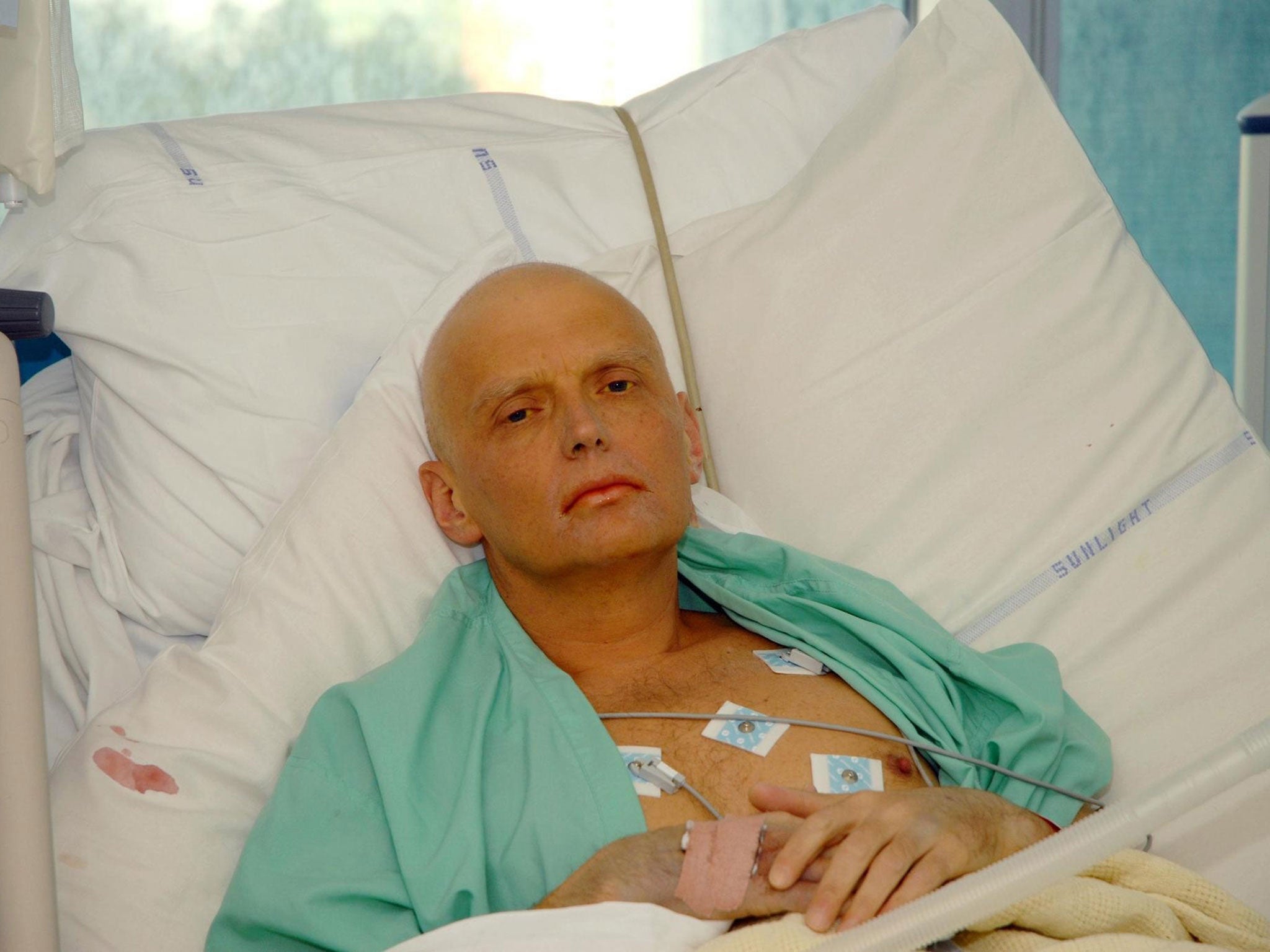Alexander Litvinenko death: Theresa May admits ‘international relations’ affected ruling

Lawyers representing Alexander Litvinenko have said they would be seeking a judicial review after the Government admitted that “international relations” were a factor in the decision to refuse a public inquiry into the death of the former Russian spy.
Supporters of his widow Marina have accused the Government of “colluding” with the Russians to cover up the Kremlin’s involvement in the killing of the 43-year-old, who died of polonium-210 poisoning in November 2006 after meeting two former KGB contacts in a London hotel.
Today, in a letter to Coroner Sir Robert Owen explaining why she had refused his request to hold an inquiry instead of an inquest, Home Secretary Theresa May said: “It is true that international relations have been a factor in the Government’s decision-making.
“An inquest managed and run by an independent coroner is more readily explainable to some of our foreign partners, and the integrity of the process more readily grasped, than an inquiry, established by the Government, under a chairman appointed by the Government, which has the power to see Government material potentially relevant to their interests, in secret.
“However this has not been a decisive factor and it if had stood alone would not have led the Government to refuse an inquiry.”
Earlier this year Sir Robert, indicated that the Government’s determination to keep many documents secret was making his task of conducting a “full, fair and fearless” inquest impossible. He wrote requesting that a public inquiry, which would have powers to consider secret evidence, be held instead.
Last week, when the refusal was announced Alex Goldfarb, a friend of the Litvinenko family, said: “There’s prima facie evidence that the Russian government is behind it. There’s some sort of collusion behind the scenes with Her Majesty’s Government and the Kremlin to obstruct justice.”
In her letter to Sir Robert, Mrs May said: “Like you, the Government is anxious that as much as possible of the investigation is conducted in public, and in such a way that Mr Litvinenko’s family are as closely involved in the process as is consistent with the public interest.”
But she insisted it was the Government’s view that, despite his “serious concerns”, an inquest would go a substantial way to addressing or allaying public concern about the killing.
“It will be able to use open material, for example, to explore the circumstances in which the polonium was brought into this country, to ascertain the likely movement of the polonium and those who were apparently carrying it around the country; to expose the evidence about the events leading up to the murder.”
Any secret evidence presented during a public inquiry would have to be held in closed session and would remain private, she added.
Mrs Litvinenko’s solicitor Elena Tsirlina said: “We are in the process of preparing a judicial review claim against the decision by the Secretary of State for the Home Department to decline to cause a public inquiry to be held.”
Join our commenting forum
Join thought-provoking conversations, follow other Independent readers and see their replies
Comments
Bookmark popover
Removed from bookmarks